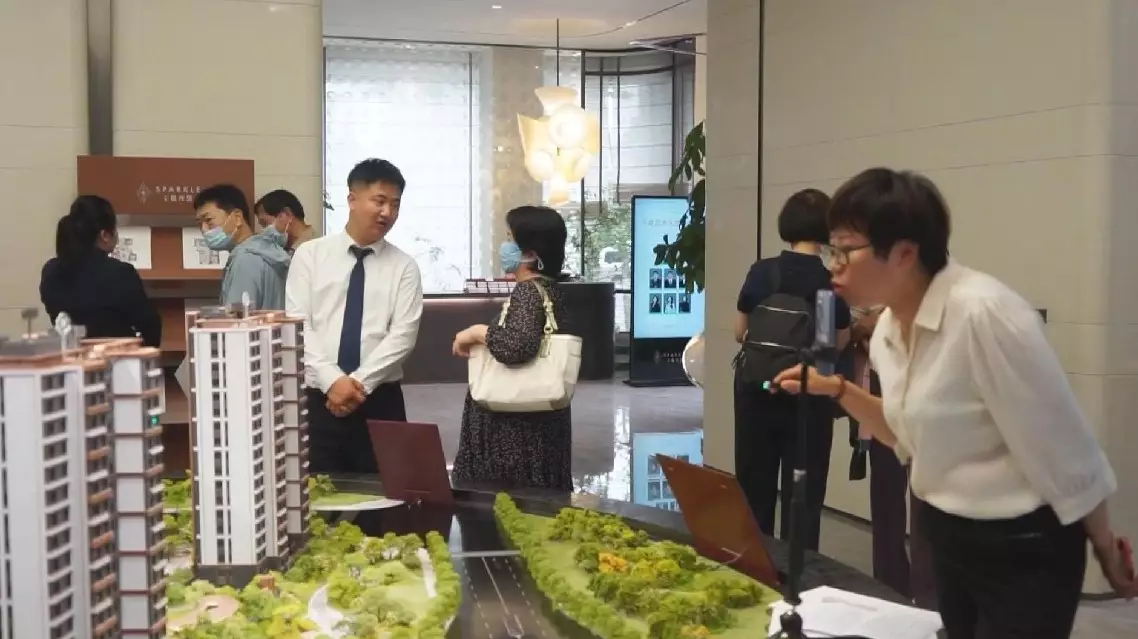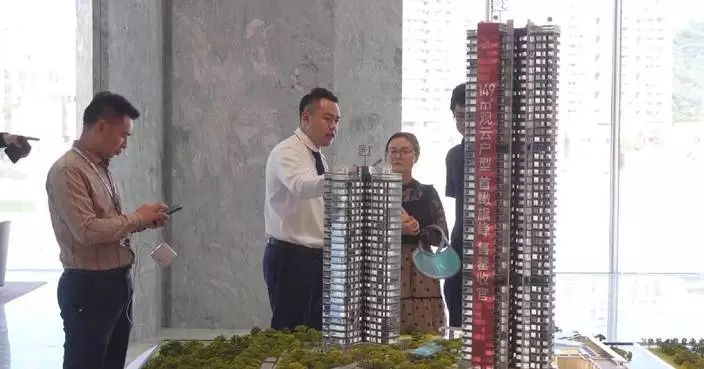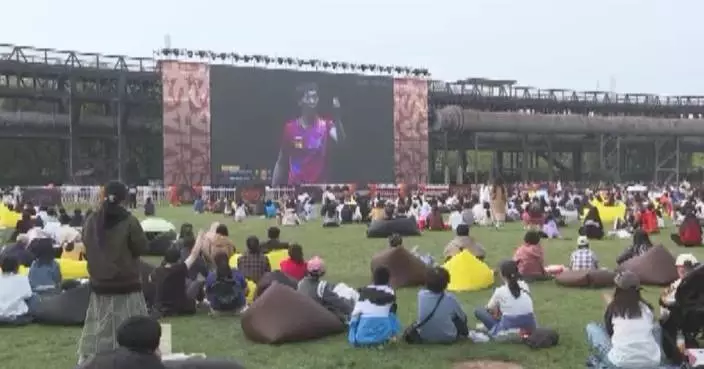A retired Japanese teacher said that Japan's history education in various schools is misleading and distorting, which has been hijacked by some political forces for beautifying Japan's history of aggression and covering up historical truth.
In recent years, Japanese textbooks have gradually downplayed or even glorified Japan's history of aggression and distorted the historical truth, which has been opposed and resisted by many people in Japanese society.
In August this year, Japan will once again conduct a new round of textbook review, and many Japanese people with a sense of justice are using various social activities to make Japanese society face up to the historical crimes it once committed.
Ooka Fumiyo was born in 1950. She was a primary school teacher who taught social studies. She still remembers auditing a primary school history class, which gave her a feeling that there were serious problems in Japan's history education that urgently needed to be changed.
"On whether the war is right or wrong, the teacher drew a line and let the students discuss. As a result, the vast majority of students believed that the war was wrong. However, the teacher said that Japan was in great economic difficulty at the time. If it had not gone to Northeast China and plundered China, Japan would not have survived and would have been colonized. Through such teaching explanations and discussions, students' opinions gradually changed from 'war is wrong' to 'war is right,'" Fumiyo said.
Fumiyo said that the Japanese government has been constantly putting pressure on the Japanese education industry, and many words and expressions in history textbooks have been tampered with.
"In Japanese textbooks, there are only three or four lines about the Nanjing Massacre. But even if there is only a little bit of it, the teachers can expand on it. But now the textbooks no longer use the term 'Nanjing Massacre' but call it the 'Nanjing Incident' instead," she said.
"Although there is a textbook certification system in name, in reality the certification standards and methods are constantly changed by the Cabinet, and the Ministry of Education, Culture, Sports, Science and Technology also intervenes and imposes restrictions on it," Fumiyo said.
Fumiyo, already 74, has been participating in public speeches and other social activities, calling on the Japanese people to pay attention to the textbook issue. She said she would continue the activities against right-wing textbooks.
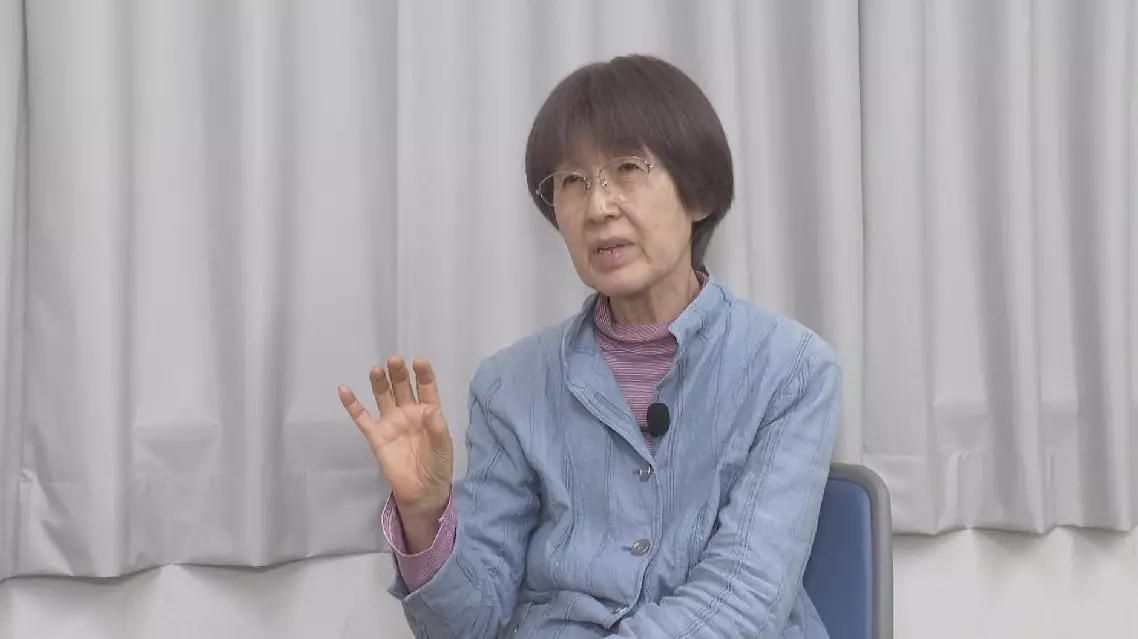
History education in Japan on aggression misleading, distorting: retired Japanese teacher
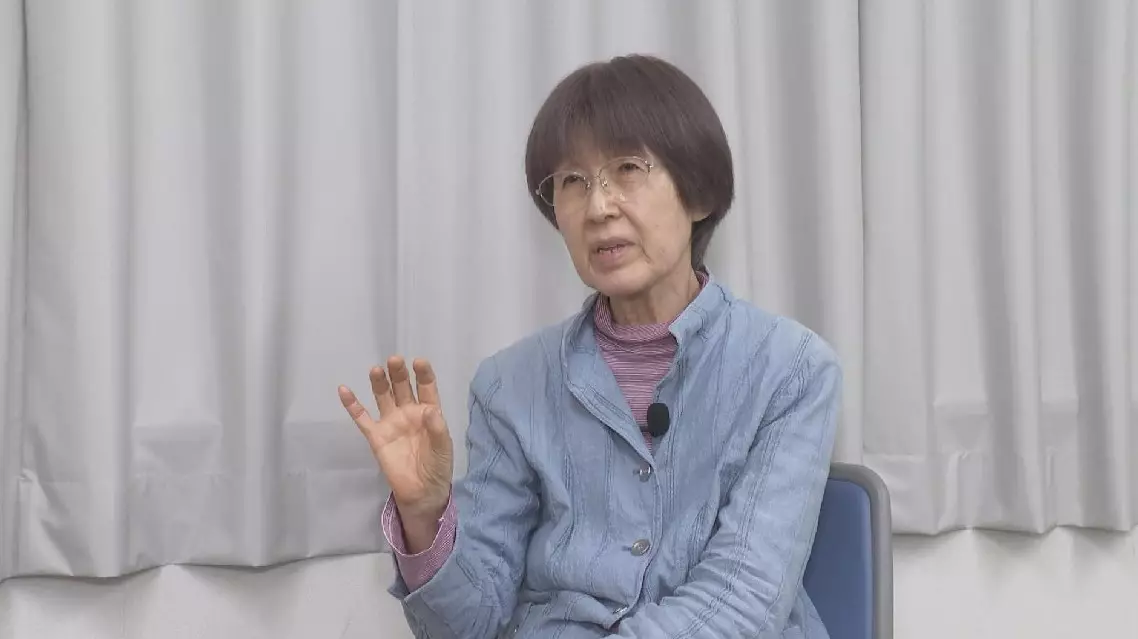
History education in Japan on aggression misleading, distorting: retired Japanese teacher


